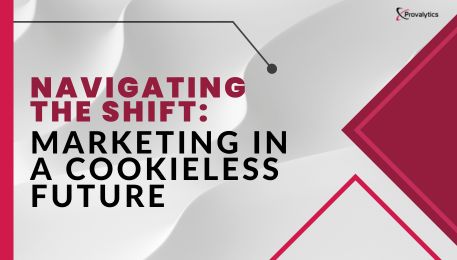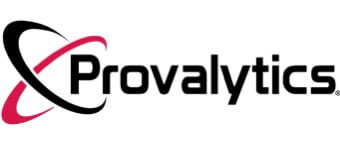Navigating the Shift: Marketing in a Cookieless Future
One of the biggest opportunities and problems for marketers in the always changing field of digital marketing is the move towards a cookieless future. The industry is about to undergo a significant shift due to the phase-out of third-party cookies, a technique that has been used for tracking user behavior across websites for a long time. The primary reason for this shift is the growing concerns about user data ownership and privacy that led major browsers to remove third-party cookies. This essay examines the ramifications of this change and offers tactics for marketing successfully in a world without cookies.
Historically, cookies have been essential to digital marketing since they allow for tracking, customisation, and session management. From keeping users logged in to delivering targeted advertisements based on browsing history, these little files saved on a user’s device enable a customized online experience. It is imperative to distinguish between first-party cookies, which are generated by the website that was visited directly, and third-party cookies, which are set by an external domain to facilitate cross-site tracking. The latter creates privacy issues because of its cross-site tracking capabilities, whilst the former improves user experience on a particular website.
🚀 Yes, I Want The 2024 Playbook!

Adapting to a Cookieless World
The move away from third-party cookies signals a need for innovation and adaptation rather than the death of digital marketing as we know it. Marketers now need to make better use of first-party data, which means they need to engage and interact directly with their audience in order to gain a deeper understanding of them. This change highlights how crucial it is to establish transparency and trust in order to persuade people to provide their data in exchange for value.
A number of tactics are needed to prepare for a world without cookies. Organizations can gain a full understanding of consumer interactions across several touchpoints by consolidating first-party data through the use of customer data platforms (CDPs). Contextual targeting provides a privacy-friendly substitute for behavioral targeting by concentrating on the context of the ad rather than the user’s prior behavior. Furthermore, investigating cohort marketing—in which consumers are categorized without revealing personal information—can facilitate efficient targeting without violating privacy.
Ensuring Privacy and Building Trust
In addition, getting clear authorization from users before collecting and using their data becomes crucial for adhering to privacy laws and preserving user confidence. Open and honest communication on data collection, use, and protection can improve user relations and increase the likelihood that users will provide their information.
While the digital marketing business is undoubtedly changing as a result of the shift to a cookieless future, there is also room for innovation and a renewed emphasis on morally sound, open, and efficient marketing strategies. Marketers may effectively manage these shifts by placing a premium on privacy, consent, and first-party data, thereby striking a balance between achieving effective targeting and upholding user privacy. Higher-quality data, less ad fraud, and ultimately more significant and successful marketing efforts could result from this evolution. As we enter this new era, marketers’ ability to adapt and be creative will be crucial to their success in a world without cookies.
What is driving the shift towards a cookieless future in digital marketing?
The shift towards a cookieless future is primarily driven by growing concerns about user data ownership and privacy. This has led major browsers to phase out the use of third-party cookies, which have traditionally been used for tracking user behavior across different websites.
How do first-party cookies differ from third-party cookies, and why is the distinction important?
First-party cookies are generated by the website a user visits directly and are used to improve the user experience on that specific site by enabling features like session management and personalization. Third-party cookies, on the other hand, are set by a domain other than the one the user is currently visiting and are used for cross-site tracking, raising privacy concerns. The distinction is important because the elimination of third-party cookies affects how marketers track user behavior across different sites, while first-party cookies remain unaffected.
What strategies can marketers use to adapt to a world without third-party cookies?
Marketers can adapt by leveraging first-party data more effectively, using customer data platforms (CDPs) to consolidate consumer interactions across various touchpoints. They can also employ contextual targeting, focusing on the context of an ad rather than the user’s prior behavior, and explore cohort marketing, which groups users based on common characteristics without revealing personal information.
Why is user consent becoming increasingly important in digital marketing?
As privacy laws become stricter and users become more concerned about how their data is used, obtaining clear consent from users before collecting and using their data is crucial. This ensures compliance with privacy regulations and helps maintain user trust. Transparent communication about data collection, usage, and protection is key to improving relations with users and encourages them to share their information willingly.

